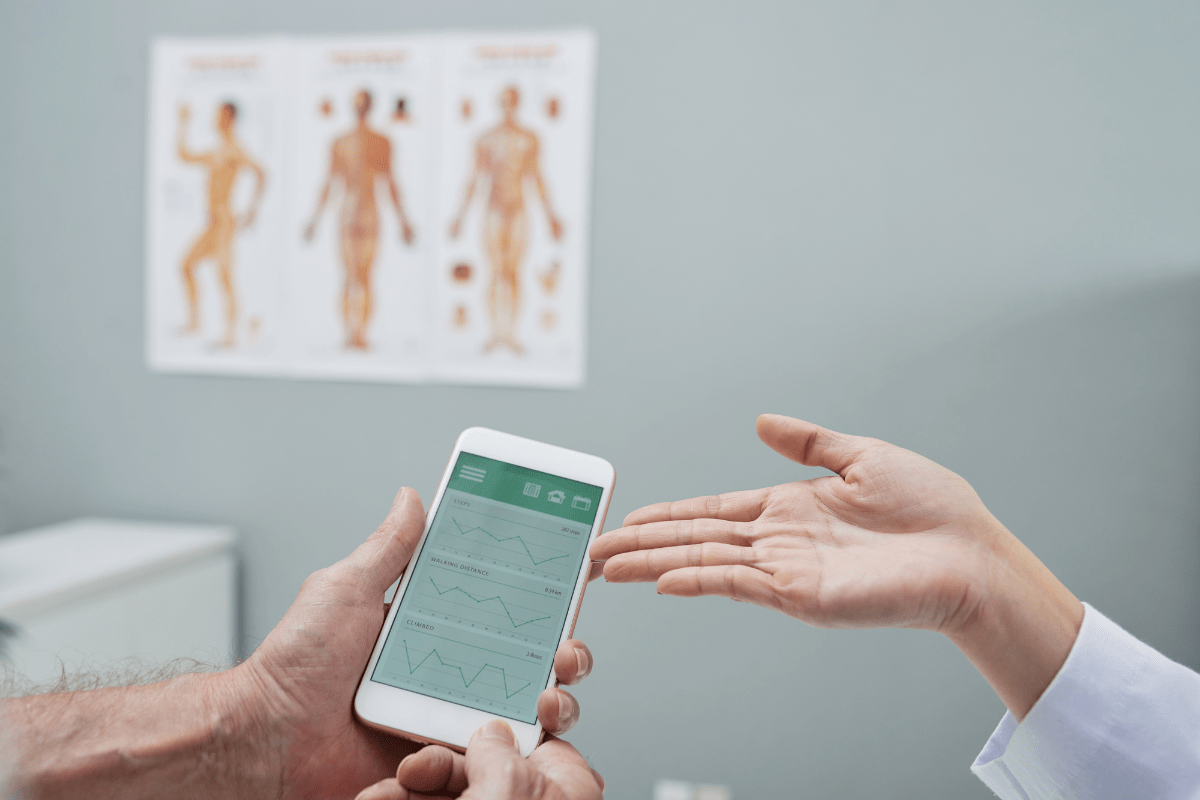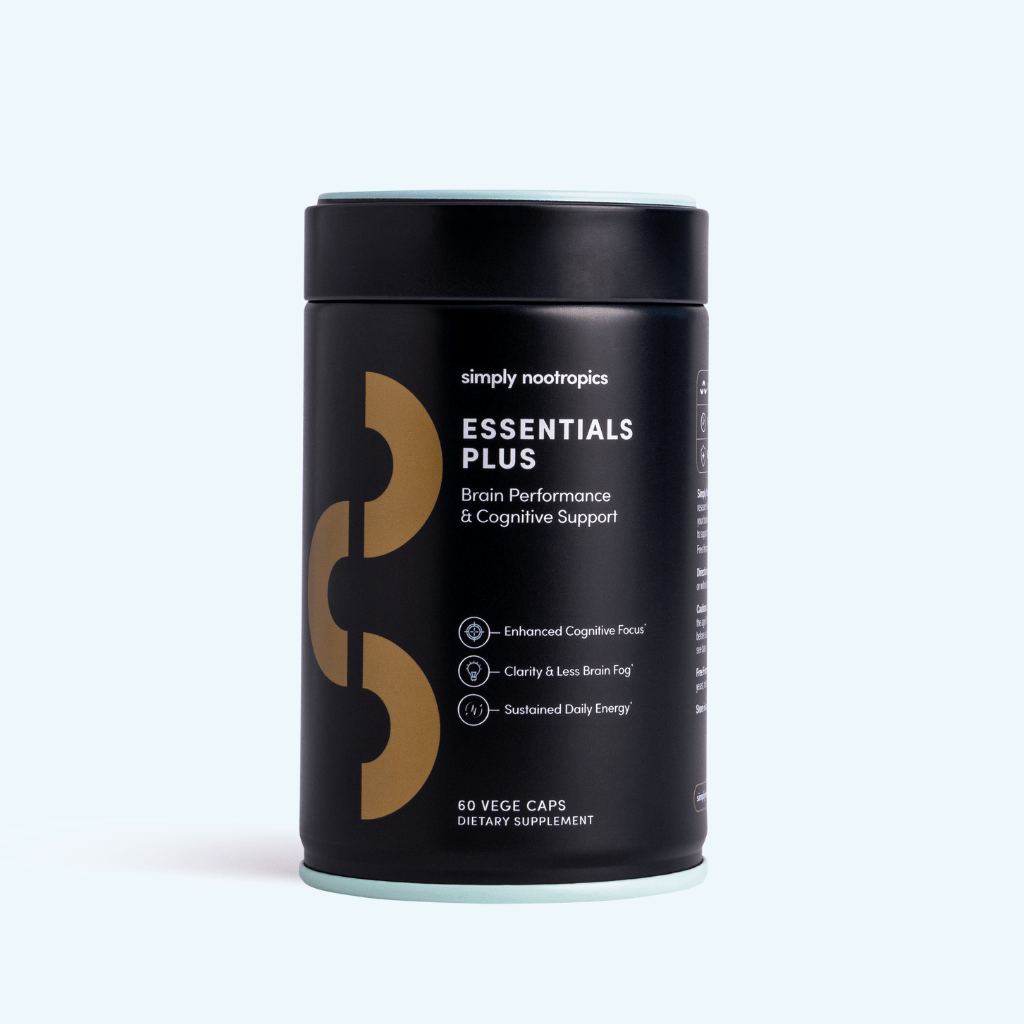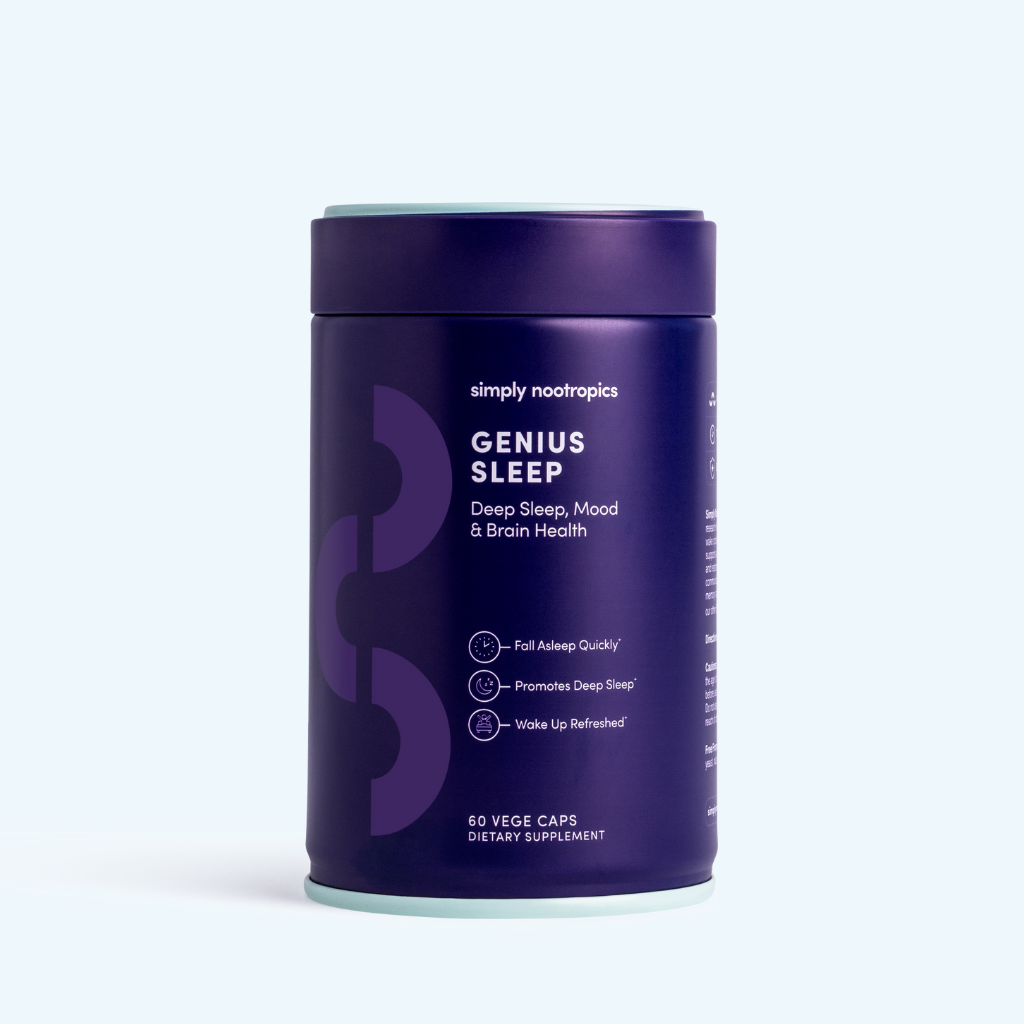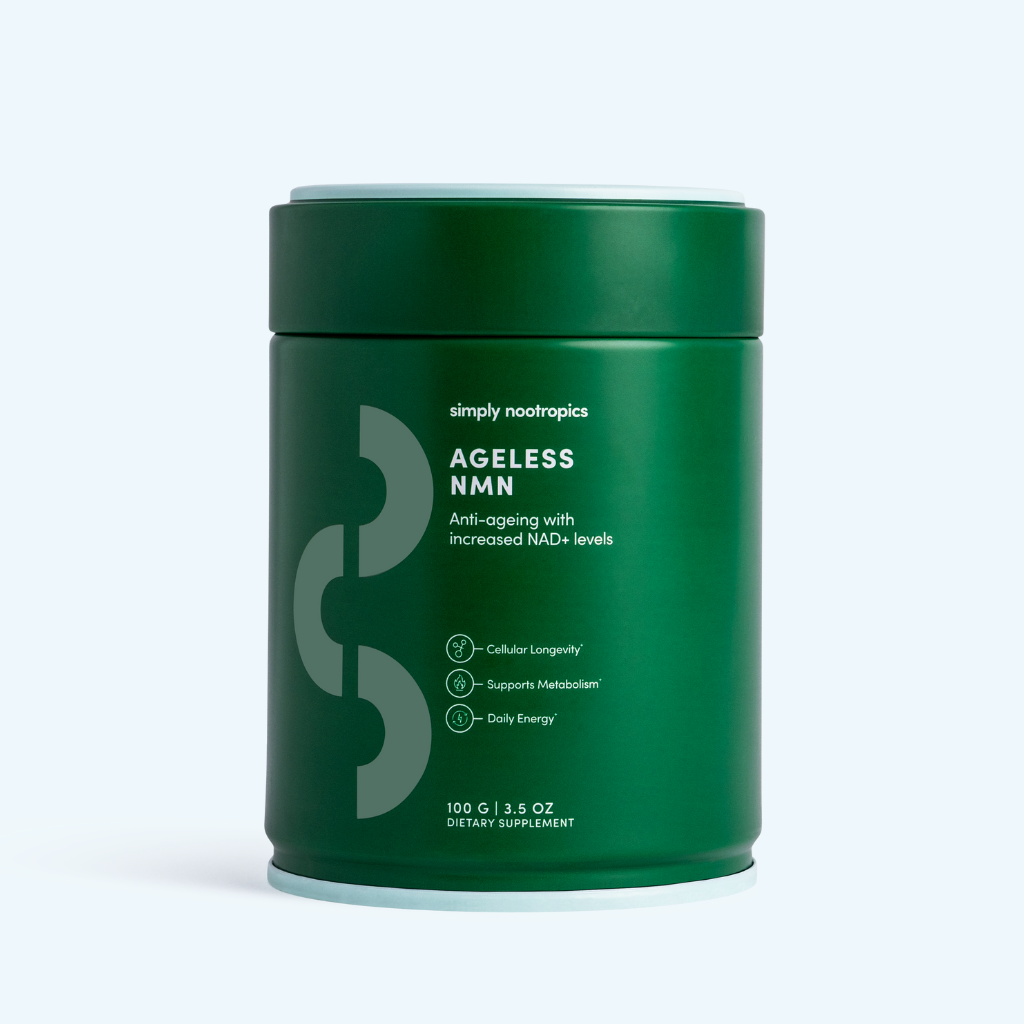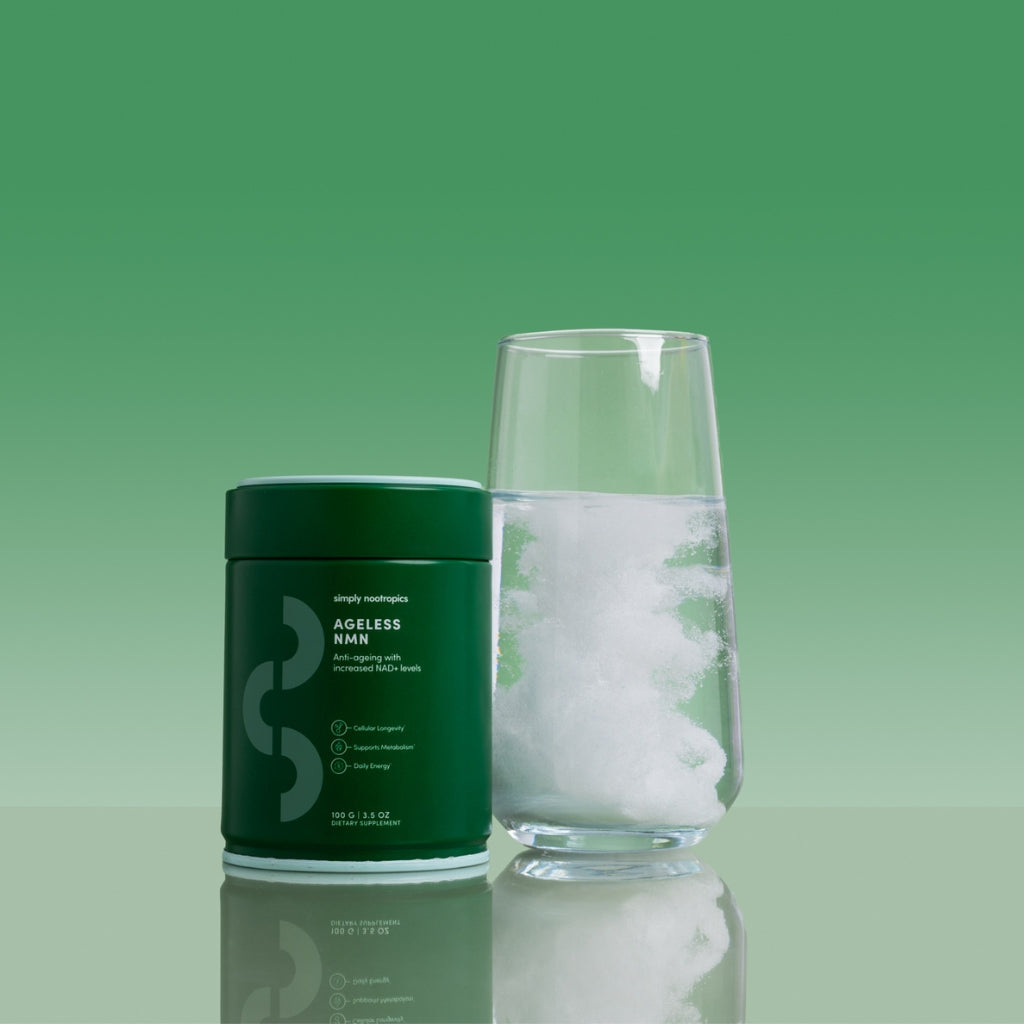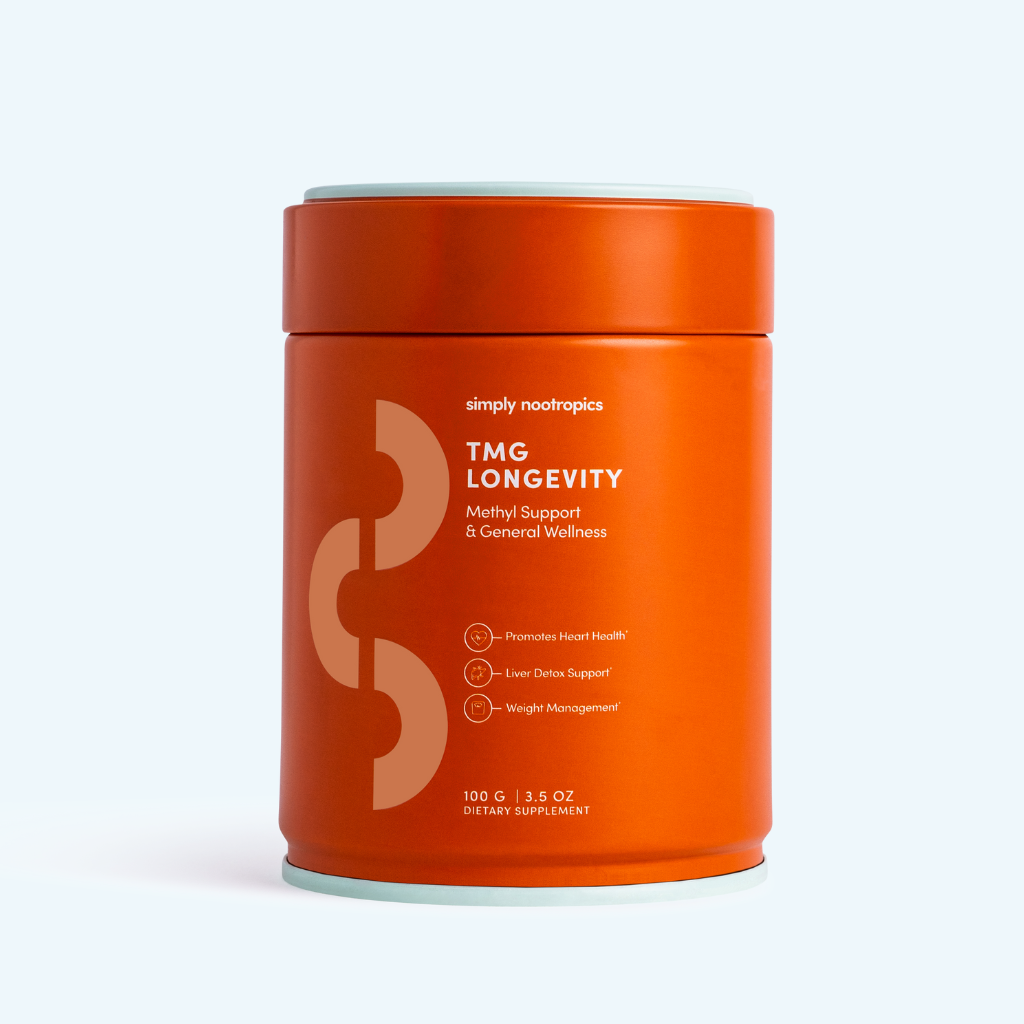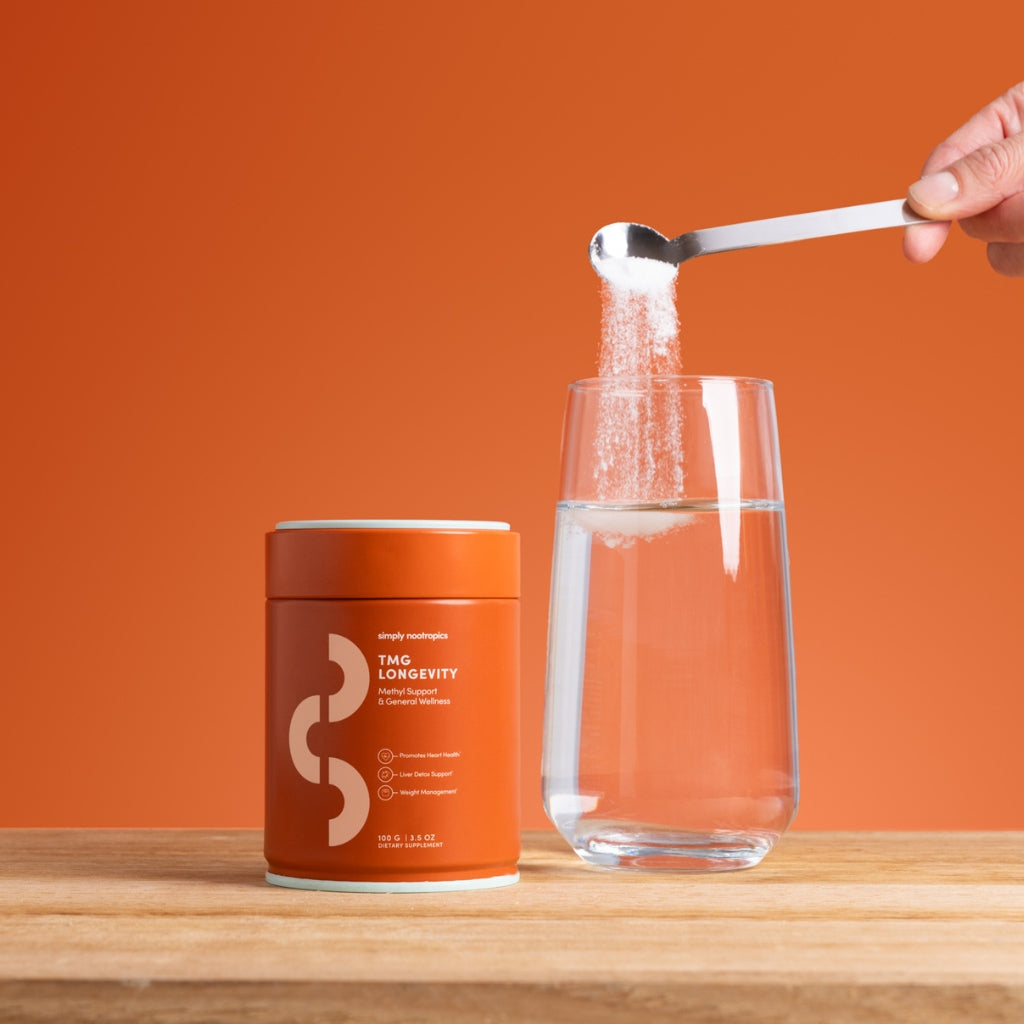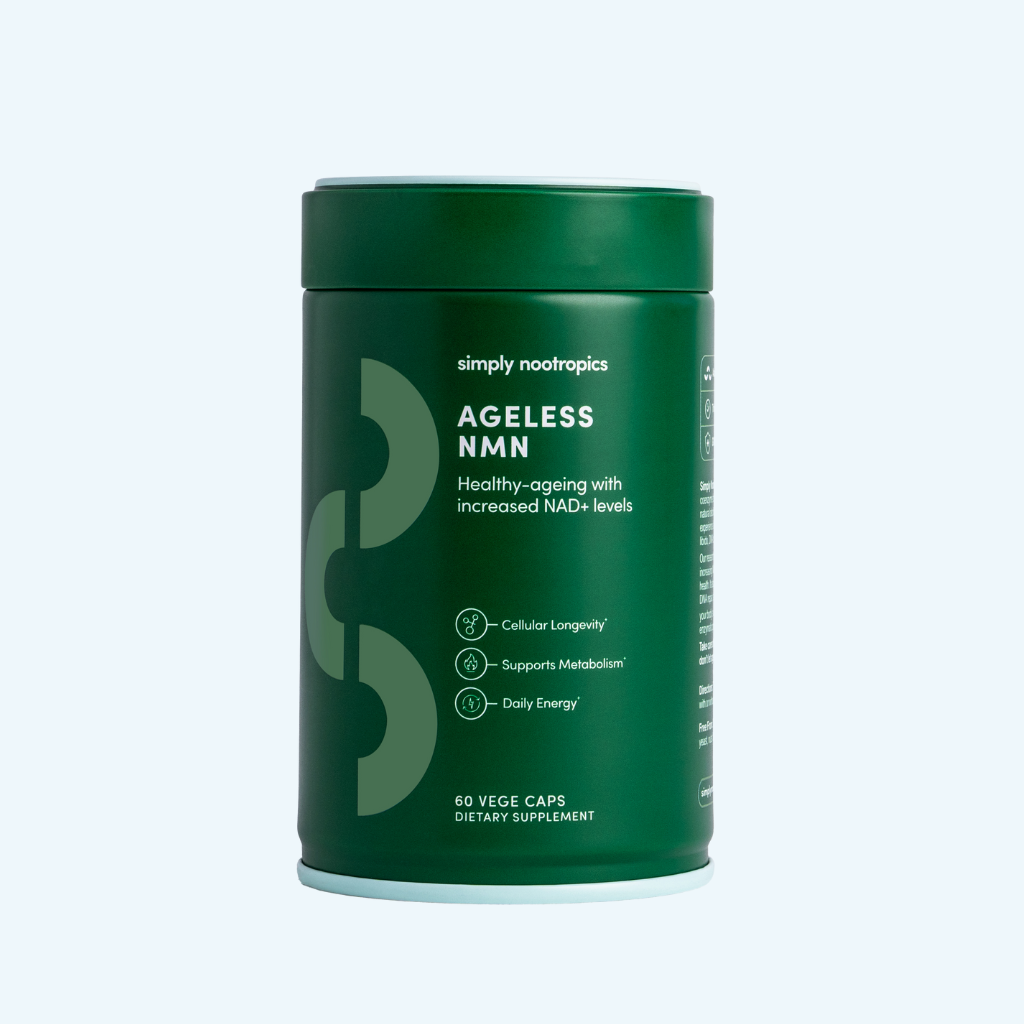Artificial intelligence is reshaping everything, from how we write emails to how we manage our health. But when it comes to longevity, AI is becoming a tool for gathering personalised data, generating insights, and potentially transforming how we approach ageing.
This July, Rejuve.AI, a project from SingularityNET’s decentralised AI ecosystem, launched a new consumer-facing app that puts these possibilities directly in users’ hands.
It promises something big: track your biological age, contribute to longevity research, and receive crypto tokens in return. But is this the future of personalised health and science of well being, and how does it fit into a wellness routine already full of wearables, tracking apps, and supplements?
What Is Rejuve.AI?
Rejuve.AI is part of a broader vision: a decentralised longevity research network powered by people sharing real-world health data.
The app allows users to input and sync data across a wide spectrum, including:
-
Demographics (age, gender, lifestyle factors)
-
Self-reported habits (diet, sleep, supplement routines)
-
Wearable data (heart rate, step count)
-
Biomarker data (via optional lab testing)
-
Subjective scores (mood, energy, stress, focus)
This data is analysed by Rejuve’s AI model to provide a biological age estimate, health trend insights, and suggestions for improving key longevity markers. Users can choose to contribute to longevity research and science of well being through Rejuve’s decentralised platform and receive RJV tokens as compensation.
In short, you offer your data, the system offers analysis, and you join a distributed research network in return.
A New Approach to Research?
Rejuve.AI offers a different model than traditional studies. Most research is top-down, conducted in labs or clinics, and excludes many types of real-life variability. Rejuve’s approach in the science of well being is the opposite. It invites users to act as their own research subjects. This “n-of-1” model, where each person tracks changes over time, has gained traction in longevity circles for capturing what actually works in day-to-day life.
The app also includes decentralised storage and identity tools, giving users control over what they share and how it’s used. And the token system adds another layer of agency: your participation contributes to research, and your time and data are acknowledged through crypto-based rewards.
That said, decentralised systems still rely on active participation, and Rejuve’s effectiveness will ultimately depend on data quality, user engagement, and scientific transparency.
What It Gets Right
From a longevity perspective, Rejuve.AI brings several strengths in the science of well being. First, it’s accessible. You don’t need a clinical trial or a lab appointment to get started. Second, it offers a way to combine wearable, behavioural, and biomarker data into one system. Third, it incentivises long-term engagement through personalised feedback and token rewards.
The platform also supports a more collaborative, transparent form of health research. Rather than only following protocols designed for the average participant, it allows individuals to explore what works for them and share those findings with a wider network.
What Remains to Be Proven
There are limitations too. Self-reported and wearable-based data can be inconsistent. Algorithms, even advanced ones, are only as good as the data they receive. It’s unclear how precise Rejuve’s biological age estimates are, or how the AI differentiates between correlation and causation.
There’s also the question of how much this platform will drive actual change in health behaviours in the science of well being. Insights are useful, but sustained habits, not apps, ultimately determine long-term outcomes. And while token incentives are novel, they may appeal more to early adopters than to the broader public.
The Role of Peer-Reviewed Validation
While platforms like Rejuve.AI promise real-time feedback, it's important to remember that AI-generated insights are not a replacement for clinical evidence. Without peer-reviewed validation, recommendations drawn from decentralised data sets may offer helpful patterns but not proven interventions.
This is especially important in the science of well being, where nuances in age-related biomarkers require careful interpretation. Combining emerging tools with trusted, research-backed approaches remains the most balanced strategy.
Where Do Supplements Fit In?
Many of Rejuve.AI’s users will likely already be exploring longevity supplements like NMN, resveratrol, adaptogens, or multi-ingredient nootropics.
For them, this kind of platform could offer an interesting way to track changes in subjective wellbeing, biological markers, or lifestyle patterns over time. It might help identify whether a particular supplement seems to support better sleep, more stable energy, or improved mood.
But a data platform doesn’t replace evidence-based products. Supplements like NMN or Essentials Plus are built on well-established mechanisms, supporting mitochondrial function, cognitive clarity, and energy metabolism. A good platform may help track these outcomes, but the foundation is still in the formulation.
At Simply Nootropics, we believe tools like Rejuve.AI can complement the work we do, but they’re not a substitute for quality, consistency, or well-researched ingredients.
Is It Worth Trying?
If you’re someone who enjoys experimenting, tracking metrics, and analysing personal patterns, Rejuve.AI may be worth exploring. It could give structure to your self-optimisation routine and help you visualise progress over time.
But it’s not essential. Many of the people who feel their best using supplements do so without tracking everything. They listen to how they feel, build good habits, and use well-made products that support their goals.
That’s still valid. Rejuve.AI offers data. But how you use that data, and how you support your body, is up to you.


